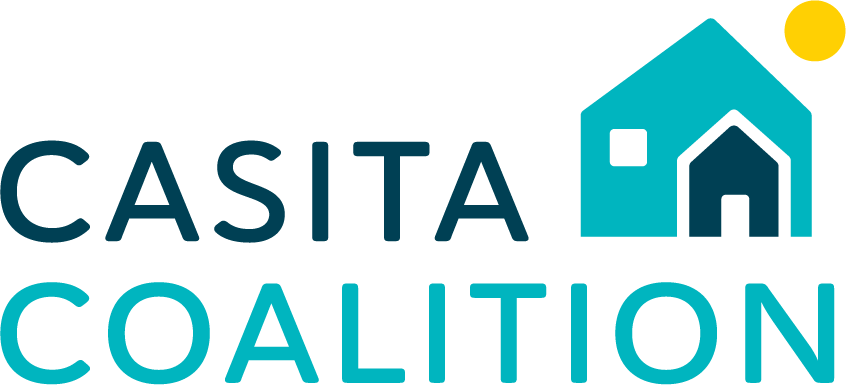Expanding ADU Production: Top Takeaways from AARPs Report on Removing Local Obstacles
AARP & APA’s guide to Expanding ADU Production provides helpful guidance for ADU advocates at various stages of reform, dividing the common local obstacles into four categories: political, regulatory, procedural and financial. Casita Coalition is committed to sharing reform strategies with cities, counties and states around the US to speed equitable adoption of ADUs by those most in need of their benefits.
AARP’s Four Strategies for ADU Growth
Relax zoning restrictions
Enact state and local policies that support ADUs
Provide resources to guide homeowners through the ADU development process
Create financial incentives
Top Takeaways–Some Solutions to the Four Categories of Local Barriers
Political barriers
ADU awareness and understanding of benefits still lags in some regions–listening sessions, ADU success stories and pilot programs may help
Where resistance to ADUs persists, statewide laws will be needed to create incentives, preempt local prohibitions on ADUs, and establish maximum restrictions local regulations may enact
Regulatory
In the earliest stages of zoning reform, discretionary reviews and highly restrictive locations where ADUs are allowed generally severely limit ADU production. An incremental approach may be needed initially–allow ADUs by right in some areas, for example–and gather stories of how ADUs are helping families and the community
Procedural
One-on-one technical assistance by planning staff can help identify problems prior to application submission
Designating an ADU staff lead can make applicant interactions more consistent
Unpermitted units are more common where permit processes are most unpredictable. Reduce the health and safety risk by streamlining by-right permits and creating amnesty programs with financial assistance to make legalizing them easier and less costly
Financial
To help with high cost of ADU construction, create a low-interest or forgivable loan program
Partner with homebuilders (including nonprofit homebuilders) and CDFIs
Create a pre-approved and repeatable ADU plan program to save time and design costs
Reduce or waive impact, permitting and connection fees and charges
Casita Coalition webinars are made possible by the support of our major sponsors–Wells Fargo, the San Francisco Foundation and the Chan Zuckerberg Initiative–as well as our webinar sponsors, the California Building Industry Association, AARP California, Allen Matkins, Reuben, Junius, & Rose, Holland & Knight, and the Building Industry Association of the Bay Area.
